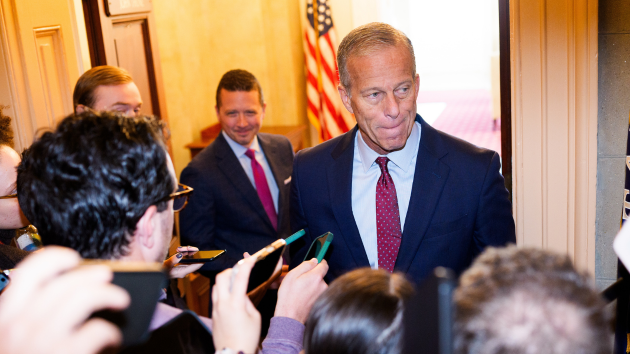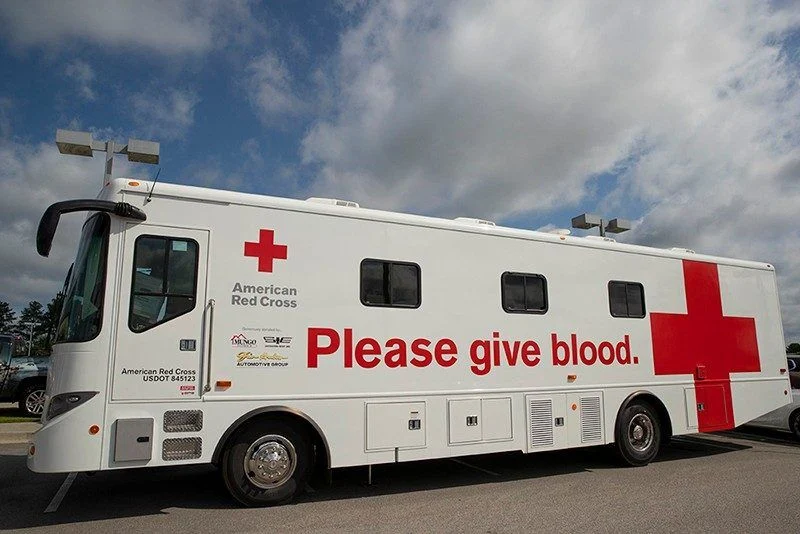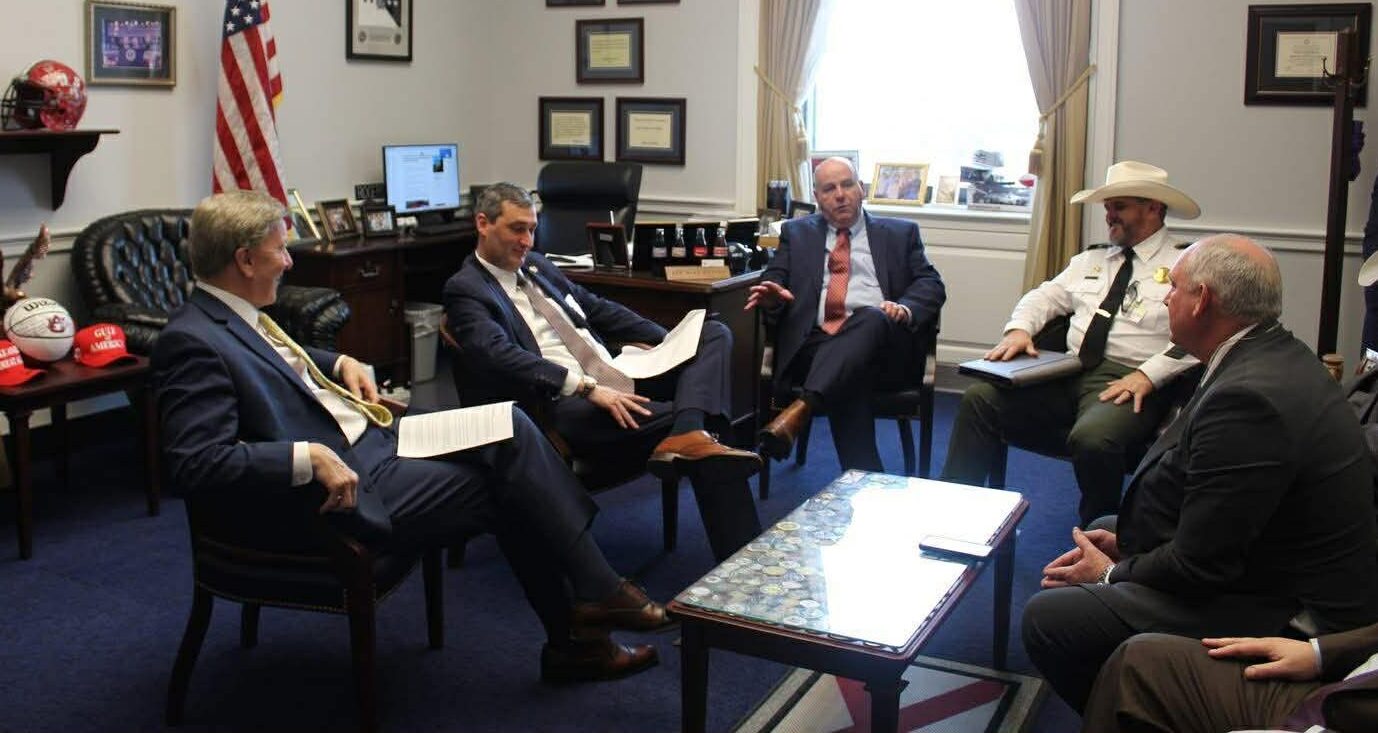
(WASHINGTON) — The Senate passed a key test vote Sunday night on a plan that would be a major step toward reopening the government.
After 40 days of a standoff, the bill advanced by a vote of 60-40, just barely meeting the 60 votes needed to keep it moving forward.
The vote was gaveled down to applause in the chamber at 10:49 p.m. ET.
Democratic Sens. Tim Kaine, Dick Durbin, Maggie Hassan, Jeanne Shaheen and Jacky Rosen were the Democrats who flipped to vote for this bill.
They join Democrats Catherine Cortez Masto, John Fetterman and Independent Angus King, who have been voting in favor of a government funding bill for weeks. Sen. Rand Paul was the only Republican to vote against it.
The vote was a big test to gauge whether enough Democrats would vote with Republicans to break the impasse, even though they wouldn’t get an extension of Obamacare subsidies that expire at the end of the year, which they have been holding out for through the 40-day shutdown, the longest in U.S. history.
Multiple Senate sources told ABC News’ Jonathan Karl earlier on Sunday that the bill would extend funding to Jan. 31 as well as provide funding for the remainder of the fiscal year to other agencies like the Department of Agriculture to pay for SNAP benefits and the Department of Veterans Affairs.
A senior Democratic senator told Karl there would be more than enough Democratic votes to pass this, although a majority of Democrats, including most of the leadership, voted against it.
Democrats would get nothing on health care beyond a promise that the Senate will vote on extending Affordable Care Act subsidies before the end of the year — essentially what Senate Majority Leader John Thune offered more than a month ago and Democrats objected to.
Although most Senate Democrats may have opposed this bill, they were resigned to the fact that this part of the fight is over, sources said. They will take the battle over health care to the midterms and argue that Republicans refused to do anything for the millions of Americans who will see their health insurance premiums skyrocket.
Passage of the bill does not immediately reopen the government. The House will also have to approve the bill. The House has been out of session since September and Speaker Mike Johnson would need to call his members back to Washington to consider this bill before it could head to President Donald Trump’s desk.
The Senate wants to modify the bill in a number of ways. Now that the bill has passed the test vote, the debate can begin. There are some key modifications that senators want to make to the bill:
- They want to change its expiration date from Nov. 21 to the end of January.
- They want to attach three full-year funding bills to it. The government is usually funded through 12 full-year appropriations bills. The three that senators hope to include are Military Construction and Veterans Affairs, the Legislative Branch, and the Department of Agriculture. If lawmakers fail to fund the government by the new deadline, programs covered by these bills would be fully funded through the end of the fiscal year.
- There could be the inclusion of some sort of language guaranteeing Democrats a vote by a certain date on a bill to address health care. There could also be some sort of language to reverse some of the administration’s reductions in force of government workers that occurred during the shutdown.
Unless there’s total agreement by all senators to quickly adjust the bill, it could take the Senate up to a week to process it.
Copyright © 2025, ABC Audio. All rights reserved.




